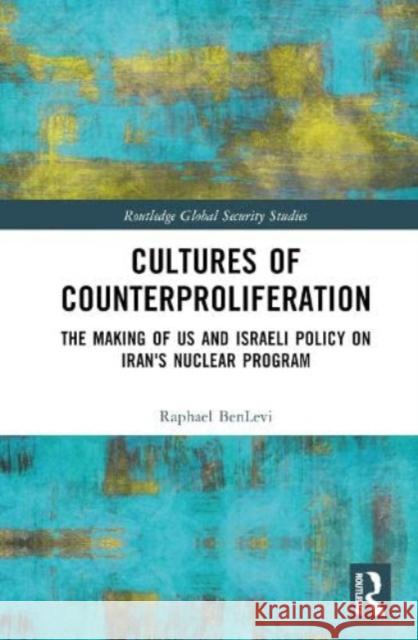Cultures of Counterproliferation » książka
topmenu
Cultures of Counterproliferation
ISBN-13: 9781032552088 / Twarda / 2023 / 264 str.
Cultures of Counterproliferation
ISBN-13: 9781032552088 / Twarda / 2023 / 264 str.
cena 757,61
(netto: 721,53 VAT: 5%)
Najniższa cena z 30 dni: 654,86
(netto: 721,53 VAT: 5%)
Najniższa cena z 30 dni: 654,86
Termin realizacji zamówienia:
ok. 16-18 dni roboczych.
ok. 16-18 dni roboczych.
Darmowa dostawa!
This book argues that the nature of counterproliferation strengthens the effect of cultural factors in policy choices, and illustrates this by focusing on US and Israeli policy towards the Iranian nuclear program.











